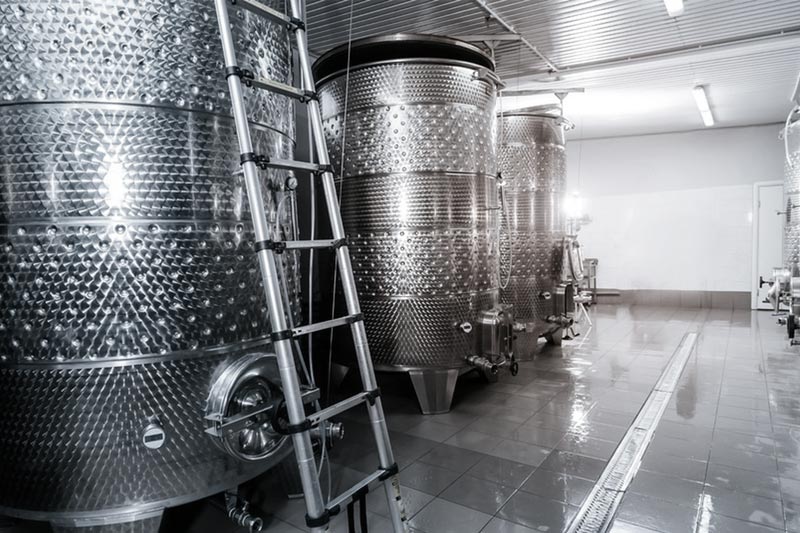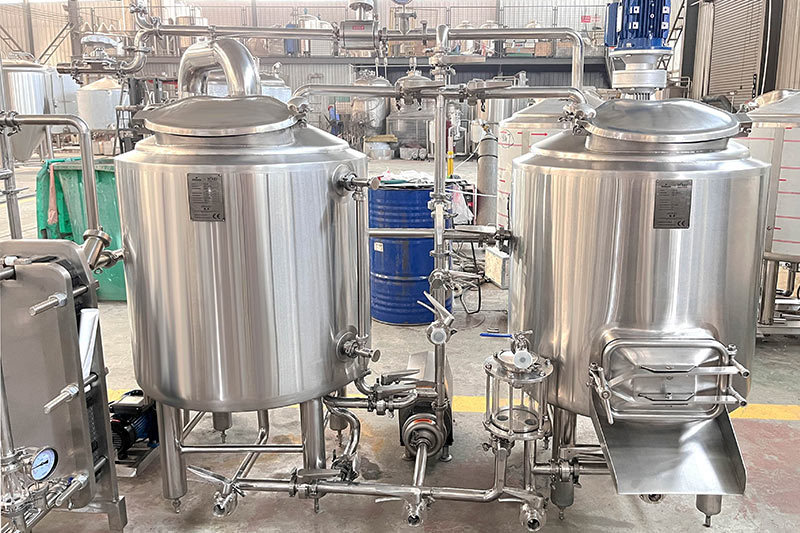Discover how to brew your own beer at home with the best beer making kits available. This comprehensive guide covers everything you need to know about beer brewing equipment, ingredients, and the brewing process. Whether you’re a beginner or looking to upgrade your brewing kit, this article will help you embark on an exciting homebrewing adventure.

Table of Contents
Why Start Brewing Your Own Beer at Home?
Brewing your own beer at home is an enjoyable and rewarding hobby.
- Creative Freedom: Craft unique flavors by experimenting with different ingredients.
- Cost-Effective: Save money compared to buying premium beers.
- Community: Join a passionate homebrewing community and share your creations.
- Satisfaction: Experience the joy of sipping a beer you made yourself.
Starting with a beer making kit simplifies the process, making it accessible for beginners.
What Is a Beer Making Kit and How Does It Work?
A beer making kit is a collection of equipment and ingredients designed to help you brew beer at home.
- Equipment:
- Fermentation Vessel: A container where the yeast converts sugars into alcohol.
- Airlock: Allows gas to escape without letting air in.
- Sanitizer: Keeps equipment clean to prevent contamination.
- Ingredients:
- Malt Extract or Grains: The base of your beer.
- Hops: Add bitterness and aroma.
- Yeast: Ferments the sugars into alcohol.
The kit provides everything you need to make beer, guiding you through the brewing process.
Essential Equipment in a Starter Kit
When choosing a starter kit, look for these essential pieces of brewing equipment:
- Brew Kettle: Used to boil your wort (unfermented beer).
- Fermenter: Can be a plastic bucket or glass carboy.
- Airlock and Stopper: Ensures proper fermentation.
- Thermometer: Monitors temperature.
- Hydrometer: Measures alcohol content.
- Siphon and Tubing: Transfers beer without disturbing sediment.
- Bottling Equipment: Includes bottles, caps, and a capper.
Having the right equipment sets you up for a successful brewing experience.
All-Grain Brewing vs. Extract Brewing: Which Is Better for Beginners?
All-grain and extract brewing are two primary methods in home brewing.
- Extract Brewing:
- Pros:
- Simpler and quicker.
- Ideal for beginners.
- Requires less equipment.
- Cons:
- Less control over flavor nuances.
- Pros:
- All-Grain Brewing:
- Pros:
- Full control over the brewing process.
- Greater potential for complex flavors.
- Cons:
- More complex and time-consuming.
- Requires additional equipment like a mash kettle.
- Pros:
For beginners, starting with extract brewing kits is advisable before advancing to all-grain.
How to Choose the Right Beer Recipe Kit
Selecting the right recipe kit enhances your brewing experience.
- Beer Style:
- Ale, IPA, Stout, or Lager?
- Consider what you enjoy drinking.
- Skill Level:
- Beginner kits are simpler with clear instructions.
- Advanced kits may include additional steps.
- Batch Size:
- 1 Gallon: Good for small spaces and experimentation.
- 5 Gallon: Standard size yielding more beer.
Explore different flavors like citra hops for a citrusy IPA or traditional malts for a classic ale.
Step-by-Step Guide to Brewing Your First Batch of Beer
Follow these steps to brew your first batch:
- Sanitize Equipment: Cleanliness prevents unwanted bacteria.
- Prepare Ingredients:
- Malt: Use extract or mash grains.
- Hops: Measure according to the recipe.
- Boil the Wort:
- Combine malt and water in the kettle.
- Add hops as instructed.
- Cool the Wort:
- Use an ice bath or wort chiller.
- Cool to yeast pitching temperature (around 70°F).
- Fermentation:
- Transfer wort to the fermenter.
- Add yeast and seal with an airlock.
- Store in a cool, dark place.
- Bottling:
- After about two weeks, bottle your beer.
- Allow it to carbonate for another two weeks.
Congratulations! You’ve made your own homebrew.

Common Mistakes to Avoid in Home Brewing
Avoid these pitfalls to ensure a successful brew:
- Poor Sanitation: Always sanitize equipment to prevent contamination.
- Incorrect Temperatures: Monitor temperatures during brewing and fermentation.
- Impatience: Allow ample time for fermentation and conditioning.
- Ignoring Instructions: Follow the beer making kit guidelines carefully.
- Improper Storage: Store bottles in a consistent temperature environment.
Learning from mistakes is part of the brewing adventure, but these tips help you start strong.
Advanced Equipment Upgrades for Homebrewers
As you gain experience, consider upgrading your home brewing equipment:
- Larger Kettles: Brew bigger batches or more complex beers.
- Fermentation Temperature Control: Use a temperature-controlled fridge.
- All-Grain Setup: Invest in mash tuns and sparging equipment.
- Kegging System: Serve your beer on draft.
- Hydrometer or Refractometer: More precise measurements.
Advanced equipment enhances your ability to craft exceptional beers.
FAQs About Beer Brewing Kits
Yes, a basic starter kit includes essential items like a brew kettle, fermenter, and sanitizer. These kits provide everything you’ll need to begin.
Typically, it takes about 4 weeks from brewing to drinking:
1 day for brewing.
2 weeks for fermentation.
2 weeks for bottle conditioning.
Absolutely! Beginner beer making kits are designed for those new to brewing, with step-by-step instructions.
You can make various styles, including IPA, Ale, Stout, and more. Recipe kits offer different flavors and complexities.
In most places, brewing beer at home for personal consumption is legal, but always check local regulations.
You can find supplies at local stores or online retailers like Micet Craft, which offers a range of home brewing equipment.
Conclusion
Embarking on the journey of home brewing is both fun and fulfilling. With the right beer making kit and a passion for craft beer, you can create delicious brews in the comfort of your home.
Key Takeaways:
- Start Simple: Begin with a basic starter kit and extract brewing.
- Learn the Process: Understand each step from boiling to bottling.
- Upgrade Over Time: Enhance your setup as you gain experience.
- Experiment: Try different recipes and ingredients to craft unique beers.
- Enjoy the Journey: Brewing is as much about the process as the final product.
Ready to start brewing your own beer? Contact us to get the best beer brewing equipment kits and expert advice. Let’s brew great beer together!
Related Articles:
- How to Choose the Right Brewery Equipment for Your Needs – Understand what equipment suits your brewing goals.
- A Comprehensive Guide to Craft Beer Brewing – Dive deeper into the world of craft beer.
- All-Grain Brewing: Taking Your Homebrew to the Next Level – Explore advanced brewing techniques.
- Top 10 Mistakes New Brewers Make and How to Avoid Them – Learn from common pitfalls.
- The Importance of Yeast in Beer Brewing – Discover how yeast impacts flavor and quality.
Everything you need to start your home brewing journey is here. Let’s raise a glass to your first brew!
Important Points to Remember
- Sanitize Everything: Cleanliness is crucial in brewing.
- Follow Instructions: Adhere to your beer making kit guidelines.
- Be Patient: Good beer takes time to ferment and condition.
- Keep Records: Note your recipes and brewing process for future reference.
- Have Fun: Enjoy the process and share your creations with friends.

